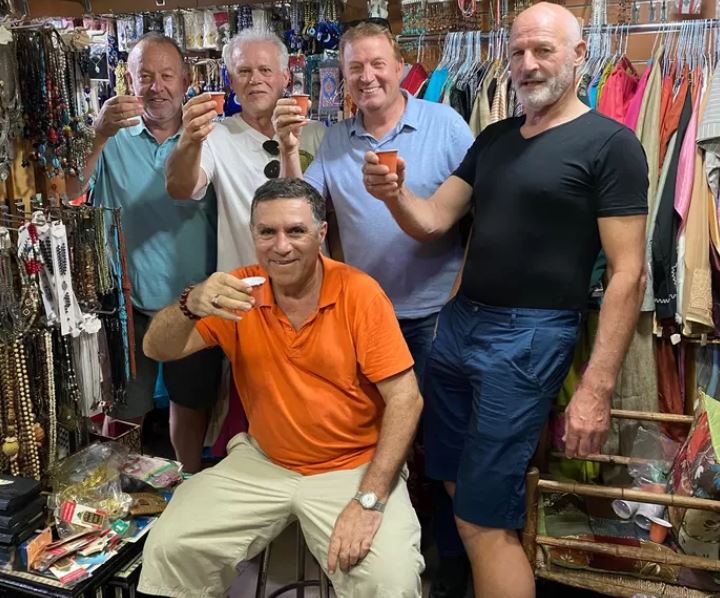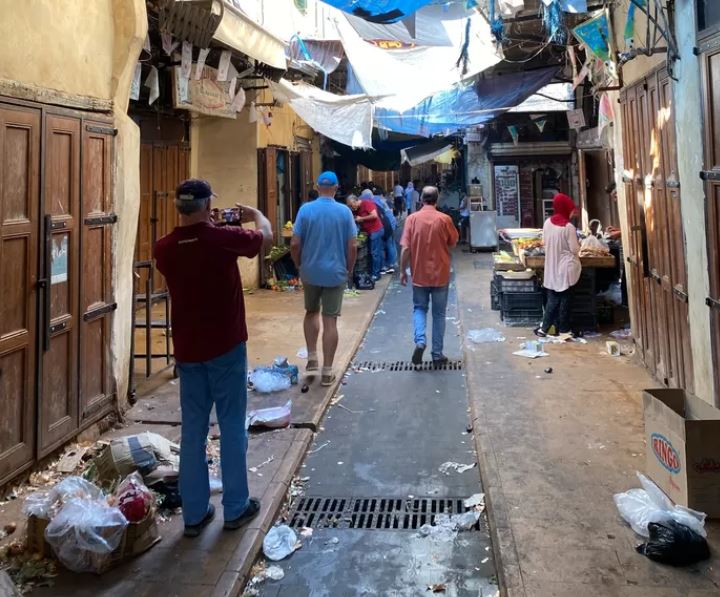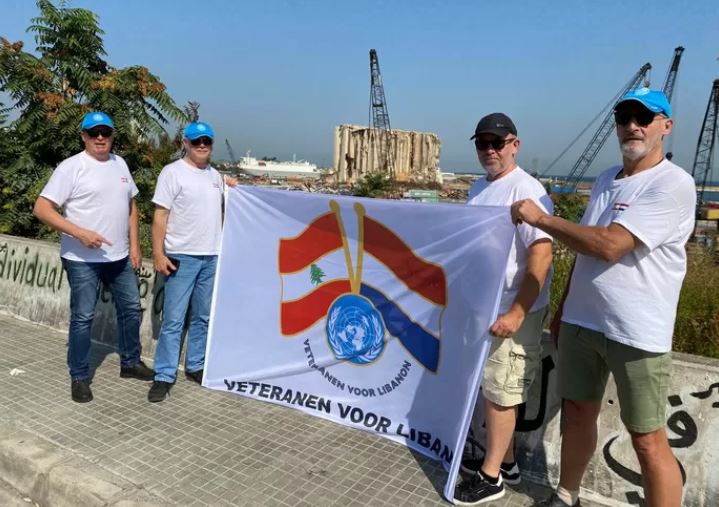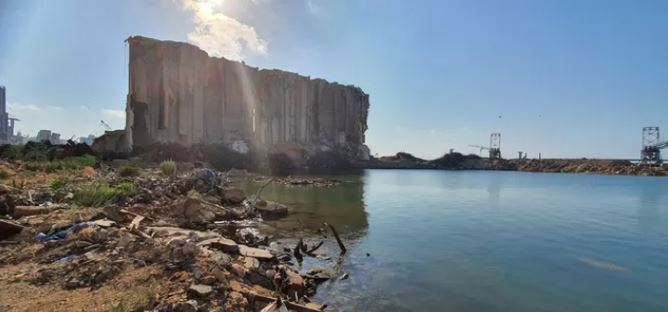

Interview in de Stentor
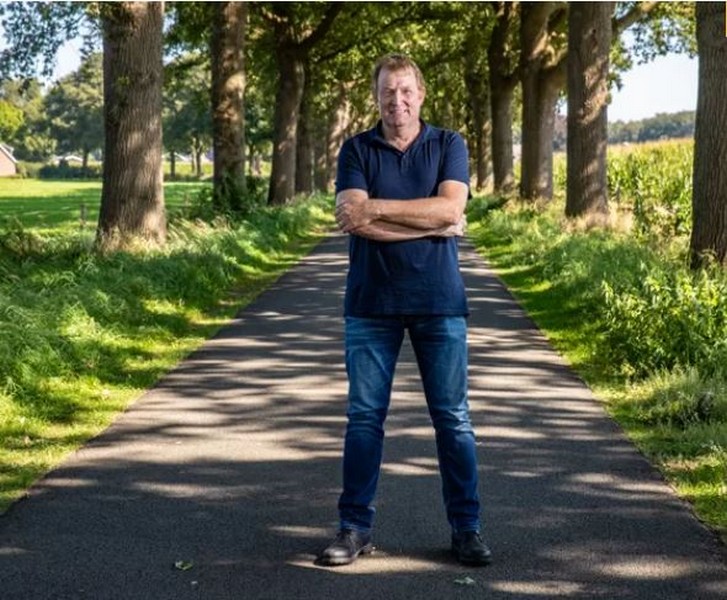
Interview by Sander Grootendorst of the Stentor.
Former soldier Bert (60) from Deventer shocked by harrowing situation in Lebanon: 'Terrible to see'.
Living in Averlo , Bert Kleine Schaars is concerned with the ups and downs of the city and surroundings as a politician for Deventer Belang.
But his heart is also in Lebanon. He was there in the early 80s as a soldier and since then the country has not let him go. This summer he was there with other Lebanon veterans to help and the situation made a deep impression. "If I had 20,000 euros to help the hospital in East Beirut, I would give it like that."
Kleine Schaars (60) has just returned from a visit to Lebanon, a small, densely populated country, located on the east coast of the Mediterranean Sea. He knows it from the past, his brother-in-law and sister lived and worked there. In 1980-81 he was in Lebanon as a UNIFIL soldier, when the country threatened to fall apart due to a civil war. Since then, Lebanon has not let him go. "It's under my skin." The gigantic explosion in the port of Beirut last year hit him hard. He set up an action and managed to get 20,000 euros together. ,,That went pretty smoothly. But soon you come to a point: what next? With other Lebanon veterans, I have set up a foundation to raise money to bring material directly to its destination, not through the Red Cross detour, as much as I appreciate that organization."
Containers of Love
Shortly after the explosion, Kleine Schaars came into contact with Sumeya Hamie of Containers of Love. She is the daughter of people who fled to the Netherlands before the civil war. Her family still lives in Lebanon. "Since September last year, about thirty containers with goods have gone to Lebanon, all forty-footers, from those big boys. In June, as Veterans for Lebanon, as our foundation is called, we fully loaded four ourselves.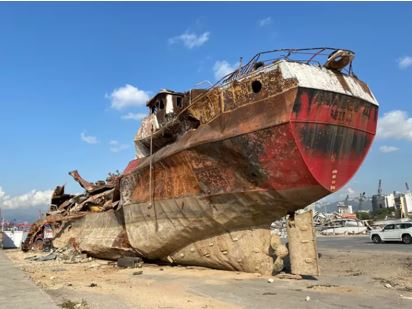
Harrowing situation
"Compared to Lebanon, the Netherlands has everything. If we have a headache, we buy a pack of paracetamol in the supermarket. You can't get that there. The drugstore is closed, he has no medicine anymore. There is a scarcity of fuels. At the pump you can fill up with 20 liters, you stand in line for half a day. Scenes like that. Sometimes you only have electricity for a few hours a day. As a result, the food in the fridge spoils. The currency has been devalued so quickly that you can hardly do proper shopping. You officially get your salary in dollars, but it is paid in Lebanese pounds. Converted to the rate, it means that in reality you only receive 10 percent of your salary. It's harrowing."
Of a different order, but also poignant: "As a foundation, we applied for a bank account, but after a year we still did not receive it. However, a lot of documents filled in. Because you do business with Lebanon, you fall into some difficult category. While it is so clear that we only want to help with very concrete things. Too crazy for words. And very frustrating." What Kleine Schaars also does not understand: "Why doesn't the Netherlands just send a load of medicines to Lebanon? Minister Kaag lived in Beirut. Surely she will know how serious the situation there is?"
No tourism due to corona
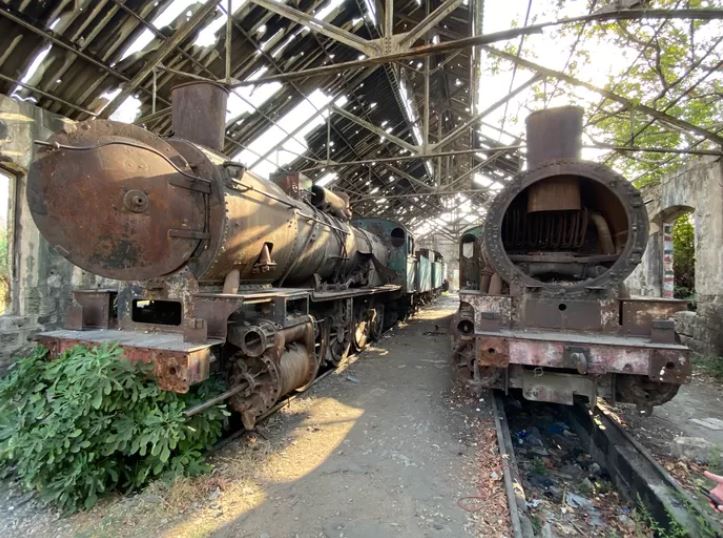
With locomotives and all." Fortunately, there is cooperation from other institutions, such as a University. "In East Beirut, a school community has been adopted for a digitization project. It was created after a subsidy of 2000 euros from the municipality of Deventer. Thanks to the donation from the university, it has become a project of many tens of thousands of euros.'' ,,The university replaces hardware every few years. They are still perfectly usable in Beirut. With a Wi-Fi network you save on expensive and sensitive cabling. And we help the university to be circular. It is up to us as a foundation to raise funds so that we can ship the containers." Without money, even a container with love does not sail out.
Appalling conditions in care
,,In North Beirut we were very shocked by the situation in a psychiatric nursing home. I work in healthcare myself. How different things are there. All enclosed spaces, as in the past with us. A journey back in time. A big problem: patients who have been taken to day care are often not picked up because their loved ones can no longer take care of them at home. The nursing home has the greatest difficulty in, for example, getting enough incontinence material together. And enough food." ,,It makes you quiet", says Kleine Schaars. "But it also gives you energy. You want to help."
The third visit concerned a hospital damaged by the explosion in East Beirut. ,,I did not know what I saw: it is run by nuns. From orthopedic to intensive care, it is well provided. But yes, behind the oxygen installation are two generators, one is broken and the other needs to be repaired urgently. Costs 20,000 euros. If I had it, I would give it like that."
"Ah, they are drops on the glowing plate," says Kleine Schaars. Nevertheless: "With drops you can extinguish, as long as you are in the right place."
